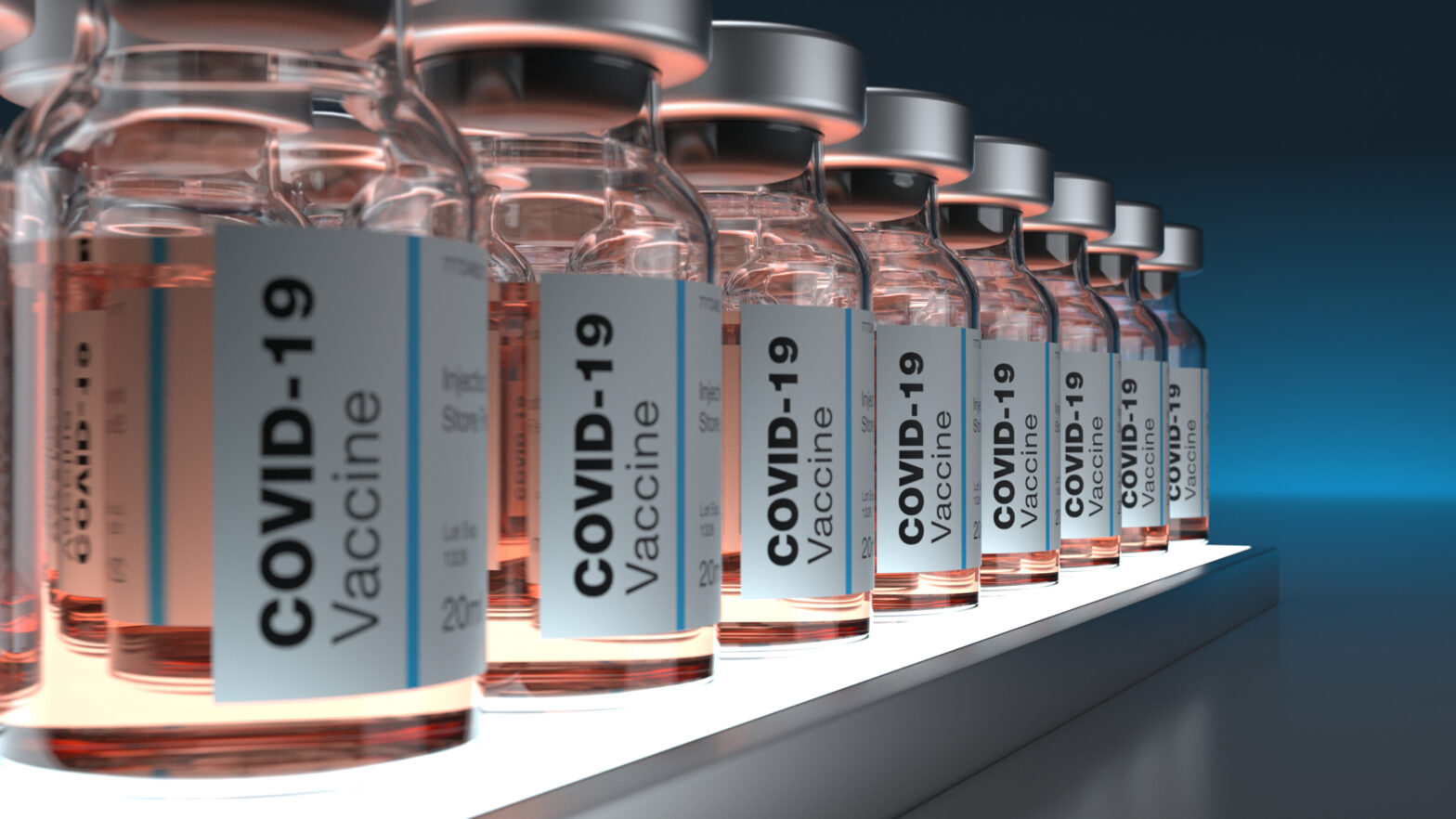| Synopsis An unprecedented push to manufacture billions of doses this year alone has led to supply bottlenecks, putting firms such as Pfizer and AstraZeneca Plc in the firing line of angry government customers. Now the industry is taking heat for closely guarding its intellectual property. |
The discovery of multiple safe and effective Covid-19 vaccines has been the reputational boost the pharmaceutical industry needed. As science has caught up to the coronavirus, the price-inflating antics of Martin Shkreli and manufacturers’ roles in the opioid epidemic have faded into the background while people literally raise their glass to drugmakers like Pfizer.
An unprecedented push to manufacture billions of doses this year alone has led to supply bottlenecks, putting firms such as Pfizer and AstraZeneca in the firing line of angry government customers. The potential adverse effects of sticking needles into people’s arms are dominating headlines, as seen with the halting of the Astra vaccine in Canada and Europe even as regulators insist the benefits outweigh the risks.
Now the industry is taking heat for closely guarding its intellectual property. That’s blamed for what the World Health Organization dubs a “catastrophic moral failure”: the immunization gap between the developing world and deep-pocketed rich countries, which have ordered enough doses to cover their populations several times over.
If vaccine makers were to waive exclusive rights to manufacture their product – an idea pushed by 58 countries at the World Trade Organization including India and South Africa – advocates say that supply would bloom and we would exit the pandemic quicker. The push for a “people’s vaccine,” backed by the likes of Bernie Sanders, is popular with three-quarters of British voters and almost two-thirds of French people polled by YouGov.
Unlike in past crises such as HIV/AIDS, cracking open the recipe for Covid vaccines, especially those from Pfizer and Moderna is only half the battle given the complexity of genetic technologies making their debut in this pandemic. Manufacturing is a challenge too, and there isn’t much time for trial and error.
We haven’t quashed this virus yet and letting the pharma industry’s pandemic halo crash to the floor won’t help get us there any faster. Finding constructive ways to keep the public’s romance with drugmakers last a little longer makes sense, even if it doesn’t make money.
The floating traffic jams off ports. The multiplying costs of moving freight. The resulting shortages of goods. All of this had seemed like an unpleasant memory confined to the COVID-19 pandemic. But no such luck!
An ocean container capacity crunch has hit global trade just as peak shipping season starts, with freight spot rates up some 30% over the past few weeks and heading higher.
The first joint Europe-wide assessment of the drivers and impact of chemical pollution by the European Environment Agency (EEA) and the European Chemicals Agency (ECHA) has concluded that, despite progress in some areas, “more work is still needed to reduce the impact of harmful substances on human health and the environment”. Key findings include:
The severe drought which has forced the Panama Canal, one of the world’s busiest trade passages, to limit daily crossings could impact global supply chains during a period of high demand.
In the early hours of March 26, the Singapore-flagged ship Dali, loaded with 5,000 containers, slammed into Baltimore’s Francis Scott Key Bridge, causing the 1.6-mile (2.5-kilometer) bridge to collapse in a matter of seconds. The Dali was departing for Colombo when the disaster struck. Initial fears were confirmed that half a dozen people lost their lives in the accident.
The pharmaceutical and biotechnology industries constantly seek innovative methods to enhance product stability, solubility, bioavailability and ease of use. Within this realm, CDMOs [Contract Development & Manufacturing Organizations] serve as invaluable partners in the development and production of high-quality drug products.
Chinese New Year 2024 is upon us, disrupting logistics from Asia starting Feb 10th. This event is expected to impact global shipping until Feb 21. Freight rates from Asia has skyrocketed with rates to the US surging by 3.5X and Europe by 6X.
Amid ongoing Red Sea diversions by shipping giants like Maersk, CMA, logistics managers are globally confronting a dual challenge of escalating ocean and air freight prices alongside cargo disruptions due to
Why will CM be the next generation on quality?
